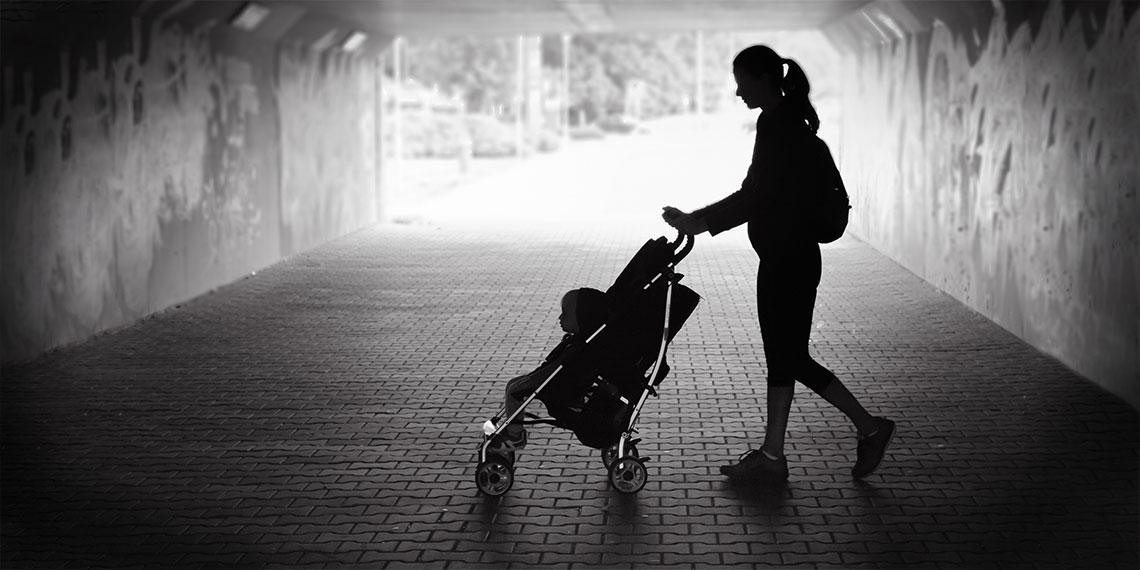You are here
The Salvation Army warns of growing pressure on welfare services as Covid-19 measures end

The Salvation Army Social Policy and Parliamentary Unit (SPPU) is warning that more will need to be done to respond to the social impacts of Covid-19.
The fifth Covid-19 Social Impact Dashboard released today by the SPPU shows that Salvation Army centres are experiencing a lower level of demand for social support than during the Covid-19 lockdowns, but overall it is still up from pre-Covid levels.
SPPU analyst Paul Barber says that while the Covid-19 measures introduced by the Government have helped to support people to get through the crisis, this is no time for complacency.
“At the moment there is a sense that the worst effects have been buffered by the Government’s Covid-19 measures, but there are signs emerging of growing pressure on our welfare services,” he says.
“The introduction of the more generous Covid Income Relief Payment for people becoming unemployed during the crisis highlights the inadequacy of benefit levels for the growing number of New Zealanders relying on the Government for support” Mr Barber says.
“Welfare payments are still well below what we know is needed to live healthy, fulfilling lives.”
The Social Impact Dashboard highlights signs of increased pressure on housing. In May alone, 2,100 more people came on to the Social Housing Register, which has risen to nearly 18,000 people.
The pressures on homelessness are high—those who were housed in motels during the levels 3 and 4 lockdowns need permanent housing. There are signs of new homelessness looming as people’s incomes drop and they struggle to pay rents or mortgages.
There has been a rise in referrals for alcohol and drug addiction services since the end of lockdown. Amongst problem gamblers there are more people requesting to be excluded from gambling venues, but online gambling activity has increased significantly.
The number of phone calls to the FinCap MoneyTalks helpline from people with problem debt and financial hardship has been steadily increased since mid-June. KiwiSaver payment suspensions for up to 12 months increased by 34 percent from March to May, signs that people are wrestling with debt and financial hardship.
We urge people to seek help in these uncertain times. There are signs that people are not accessing all the supports they might be eligible to receive.
Moving forward, The Salvation Army is calling for coherent and fair welfare support that is based on real measures of income adequacy and a focus on keeping people and especially children out of poverty—not based on nationality or timing of job loss.
The path to a fair recovery will need to be designed to provide most support where the impact is highest—younger people, Māori and Pacific people and hardest hit regions.
For enquiries contact: The Salvation Army Territorial Media Officer, 021 945 337, email: media@salvationarmy.org.nz